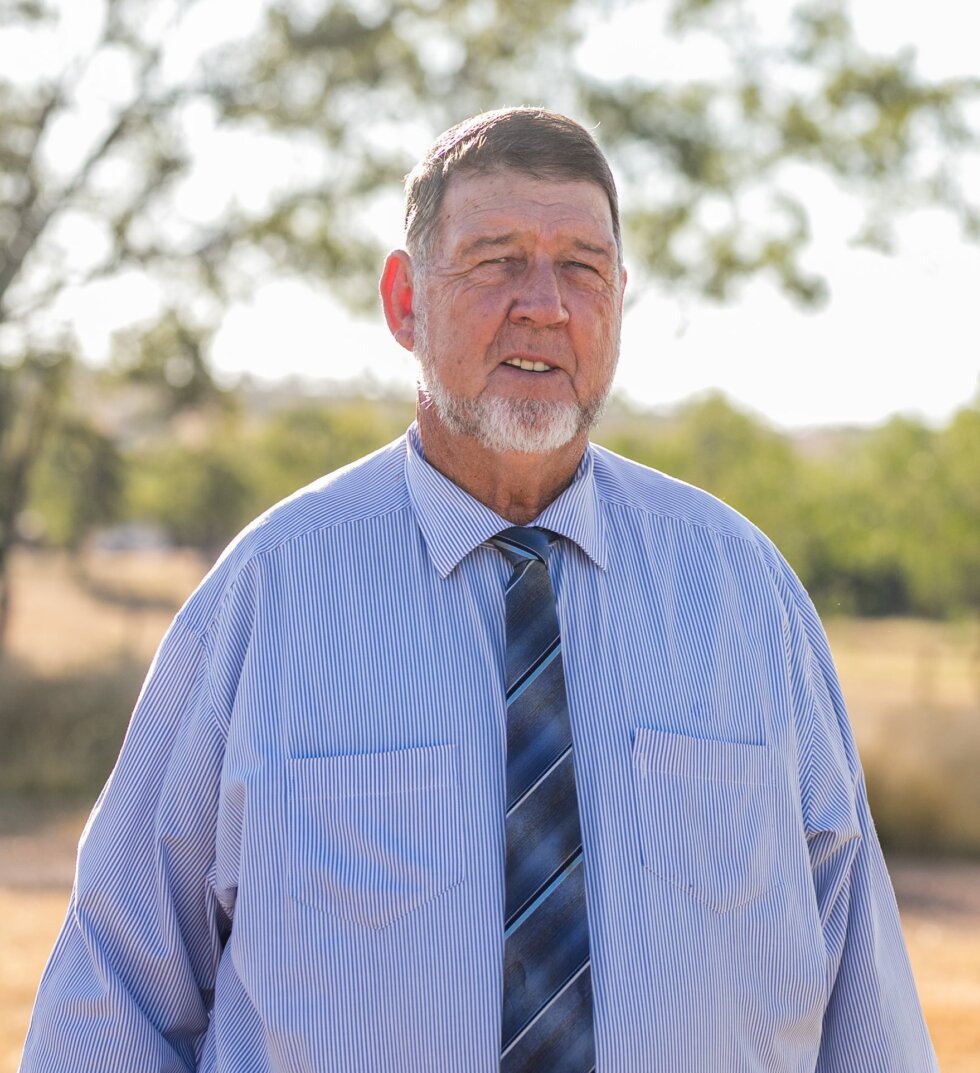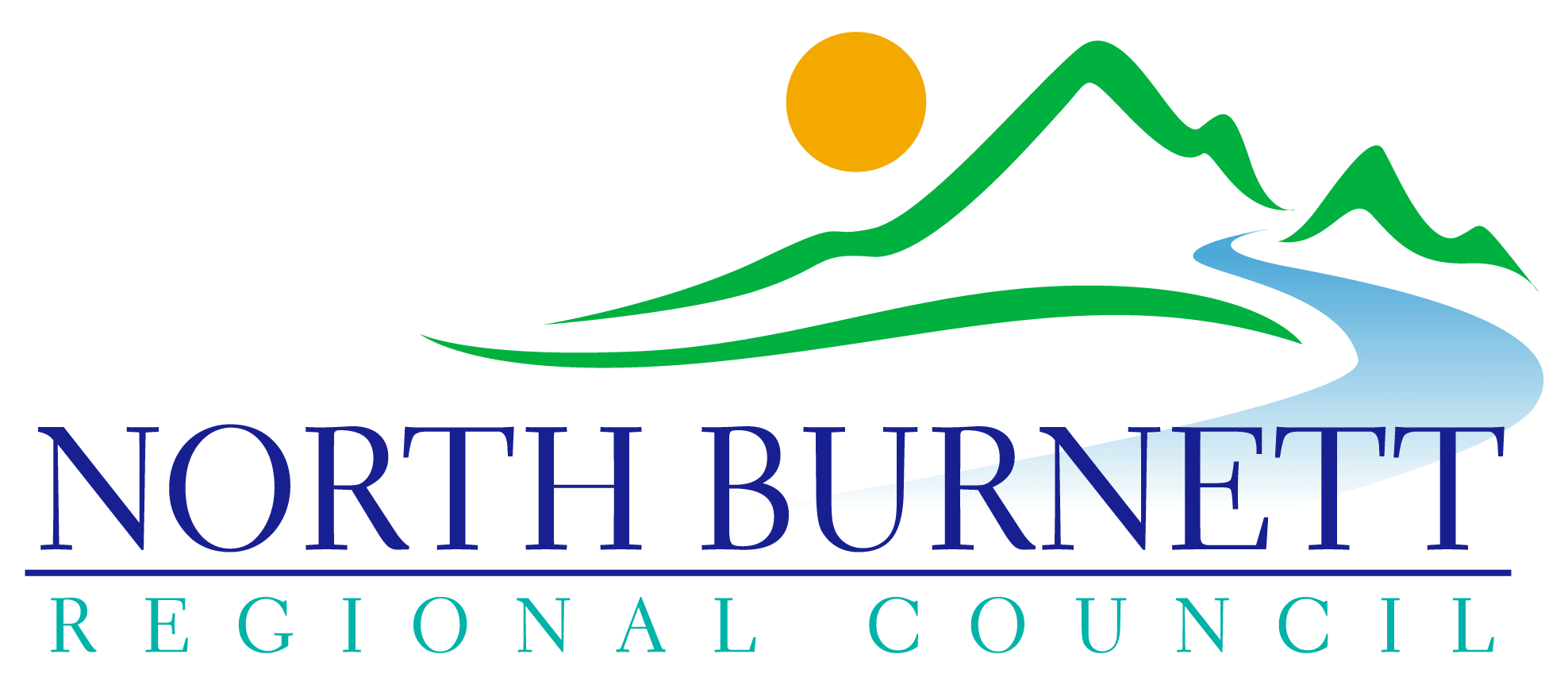Advocacy Plan

“The North Burnett is a great place to live, work, and invest, and we are seeking your support to make it even better.”
– Mayor Les Hotz
The North Burnett has many strengths, offering an affordable rural lifestyle, an abundance of rich and prosperous farmland, and a wealth of opportunities yet to be unlocked. The region is proud and productive, generating approximately $1.3 billion annually, as a contribution to the state and national economy.
Our primary industry is agriculture, forestry and fishing, providing approximately 33% of employment opportunities in the region and comprising significant beef cattle, pork, citrus, peanut, and berry producers – to name a few.
Food is a commodity that all Australians need and appreciate – everyone needs it – and we are proud that food production is the backbone of our economy and community. The needs of our primary industries are a crucial consideration in the success and sustainability of the nation, and the North Burnett has always been a proud and willing contributor to Queensland and Australia’s success story.
As Queensland’s population grows, areas like the North Burnett are becoming prime tree change opportunities. Housing supply and availability remain an ongoing challenge that we must address if we are to maintain our regions liveability and maximise our regions contribution to the state and nation. Our Council recognises the role our region can play in accommodating wider population demand, but we also need the support of other tiers of government to ensure the necessary infrastructure and services are available to support population and housing growth.
In developing our priorities, we have focused on the essentials to ensure the region remains positioned for success.
Economic transport routes, such as Gayndah-Mount Perry Road, are a well-known opportunity for the region, unlocking greater tourism and fostering industry development. Housing availability and affordability is directly impacting many residents, and Council has identified infrastructure constraints that are hindering further housing supply.
Addressing these needs is both responsible and necessary, but we can’t do it alone.
Our priorities are about providing a bright future for our residents, our communities and our region, as well as enhancing the North Burnett’s contribution to the economic performance of Queensland and Australia.

Our Priority Areas

Council currently manages around 4,204 linear kilometres of roads within the region, of which almost 80% of the network is unsealed. With no commercial air or rail service in the area, the community heavily depends on the road network for the supply of freight, access to critical services and economic activity, with almost all of the region’s tourism arriving via the road network. With the region’s largest employer being beef cattle farming, our primary industries require reliable, all weather freight connections to get product from paddock to plate. This connectivity is critical to the economic performance of the North Burnett Region.
Sealed roads provide a higher level of reliability, support a wider range of vehicles and can drastically reduce travel times. Most of the region’s major centres are connected by sealed roads; however, Council has identified two priority routes of regional economic significance which need attention. Improvements to these routes will offer more assured connectivity between key centres and unlock greater tourism and export prospects for the region.
The North Burnett region, along with much of Queensland and Australia, is experiencing a housing affordability and availability crisis. For smaller regional towns, this crisis impacts both liveability and livelihoods, as housing availability plays a significant role in population attraction and the ability to attract and retain key workers. Local businesses are limited in expansion and essential service providers, such as aged care, health care and local government, are struggling with the inability to recruit appropriate labour forces to deliver these services.
Council’s Local Housing Action Plan (LHAP) is a proactive response to the State Government’s Housing and Homelessness Action Plan 2021-2025, but the ability to deliver greater housing supply is constrained by the capacity of existing trunk infrastructure
networks. Council calls on the state and federal governments to support Council’s efforts to improve housing supply within the region by providing funding for two key water and wastewater network projects.


Access to services and resources has a profound impact on the liveability of a region, but just as importantly, it adds to the economic attractiveness and prosperity of an area. The North Burnett has a proud and flourishing agriculture industry, employing one third of the region’s workforce, followed by health care and social assistance, and retail trade at 10.0% and 7.5%, respectively. These industries are advancing rapidly, and our local businesses are facing increasing challenges as technology, regulation, and environmental considerations evolve. Having access to the right resources and services is a long standing and growing focus for the communities of the North Burnett.
While not all-encompassing, several key opportunities have been identified to sustain and enhance the region’s liveability and economic profile. These priorities are considered essential to retaining and providing a prosperous future for current and future generations, supporting the liveability of our communities and growing investment in the industries the region is known for and which residents depend on for their livelihoods.
Councils manage a significant portfolio of diverse community assets and services and must make prudent financial decisions for the long-term sustainability of their regions. By length, local governments manage 77% of the nation’s road network but receive just 3% of overall taxation revenue (Grattan 2023). In Australia, local road maintenance is underfunded and this level of underfunding is much more severe in rural and remote local government areas (Grattan 2023). What is concerning is that local roads are not the only asset that local governments manage for their communities, indicating wider finding shortfalls across other asset classes and services.
North Burnett Regional Council experiences first-hand the disparity between the financial sustainability of councils and the broader sustainability and liveability of the regions they serve. Local government services, such as parks, pools, libraries, and sporting facilities, underpin the liveability of a region and add considerable value to the lives and livelihoods of residents. The deterioration of local government financial sustainability across the nation presents a significant risk to the retention and continuity of these services and should be a priority area for consideration for all levels of government.
At the end of the day, these services and facilities provide the backbone of what keeps communities together, living harmoniously and building their economic sustainability. Consideration needs to be given to the level of funding to the local government sector and the ways funding streams are delivered. We urge the state and federal governments to take action and provide local governments with a fair go, providing security for essential services that benefit all constituents.

